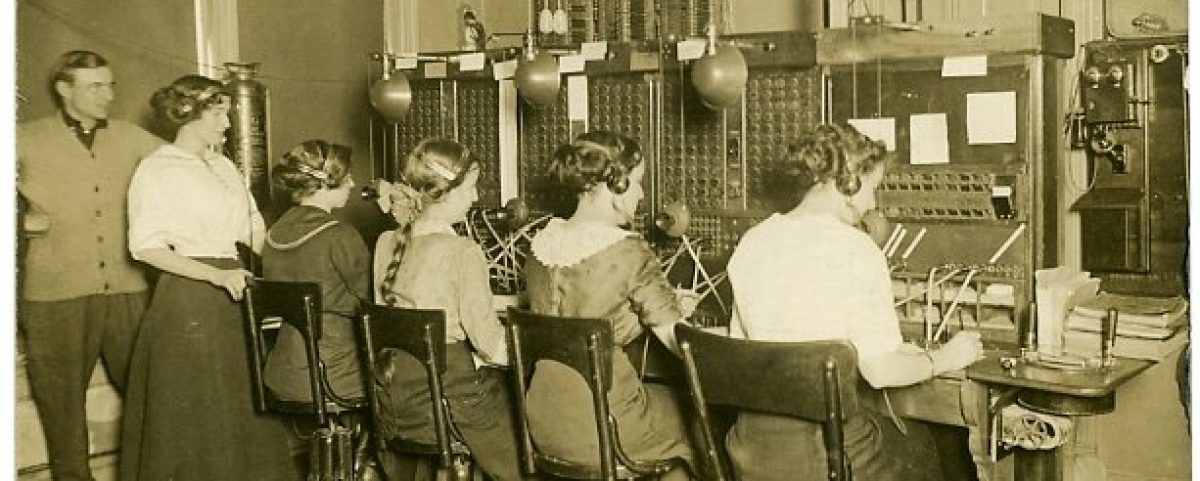As part of my ongoing research on the history of capital punishment in New Jersey, I recently completed fieldwork along the Jersey Shore. This included visiting various county courthouses, where I examined 19th-century court records. I also visited historic jails and local historical societies.
Last week, I focused specifically on Atlantic County, where I investigated records related to the old jail in May’s Landing, the county seat. Built in 1879, this sturdy structure underwent numerous modifications over the decades. According to a 2000 architectural report, the jail is notable for its distinctive Jersey ironstone walls, arranged in a unique pattern that enhances its historical significance.1

In 1906, the county erected an additional structure—the sheriff’s house and office—which still stands on the courthouse square. Despite changes in corrections philosophy and various structural alterations, the aging jail housed inmates until 1964. In 1984, a modern county prison went up outside May’s Landing, leading to the demolition of most of the original complex, except the stone 1879 structure and the sheriff’s house.
While uncovering traces of the past, I noted that Atlantic County executed at least four men before the disagreeable responsibility for capital punishment shifted to the State Prison in Trenton. The last hanging at the Jail occurred on September 20, 1907, when Sheriff Smith E. Johnson hanged Joseph Labriola. It was striking to note that the convicted murderer wearing a tuxedo met his end in the recreation yard. He was served lobster as part of his final meal.2
The convicted murderer wearing a tuxedo met his end in the recreation yard. He had been served lobster as part of his final meal.
Only a few jurors and official witnesses were present to observe the hanging. However, a crowd gathered in the county seat that September day. Just before Labriola was led to the gallows, Deputy Sheriff Enoch Johnson summoned the official spectators to enter the execution yard.
Labriola’s execution marked the last hanging at the Atlantic County Jail and was the next-to-last hanging in New Jersey. A new law mandated the use of the electric chair for executions, ending the era of hangings in the Garden State. Following this change, those sentenced to death were transferred to the state prison in Trenton for execution in the electric chair.
My research into this aspect of New Jersey’s criminal justice history continues.
For additional photos, see this album on Facebook
